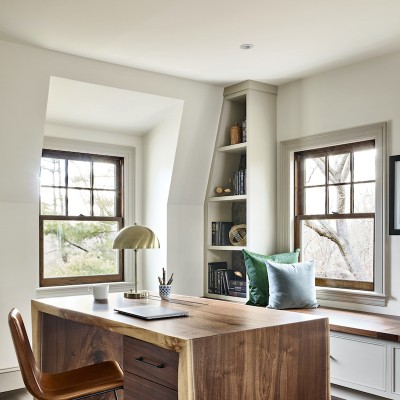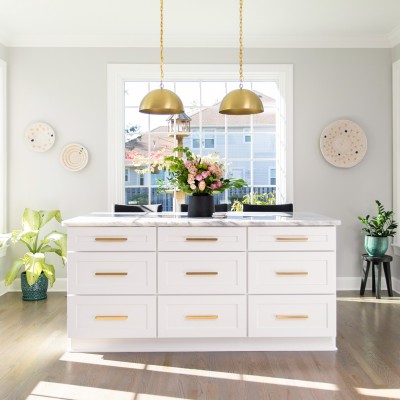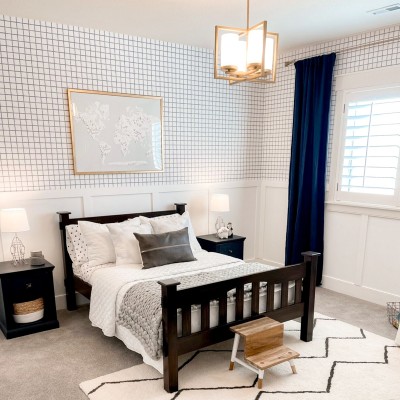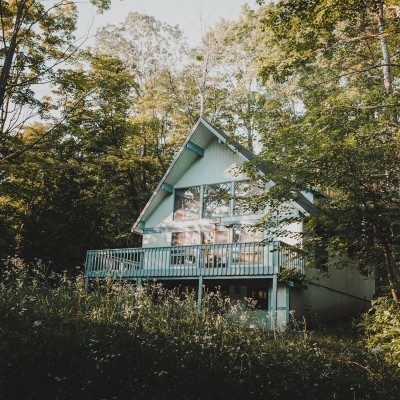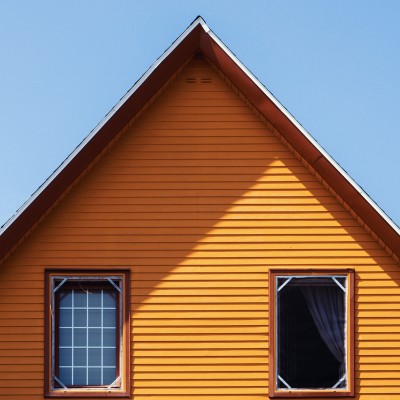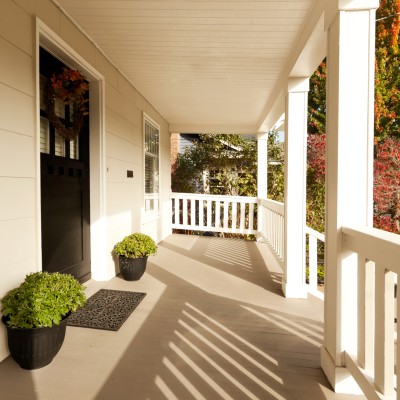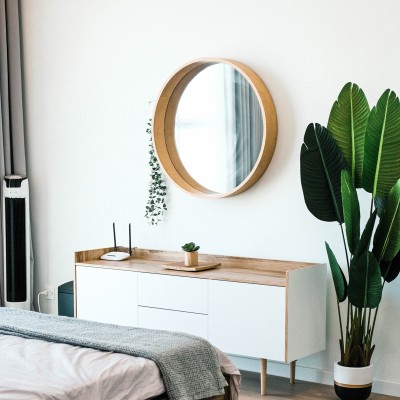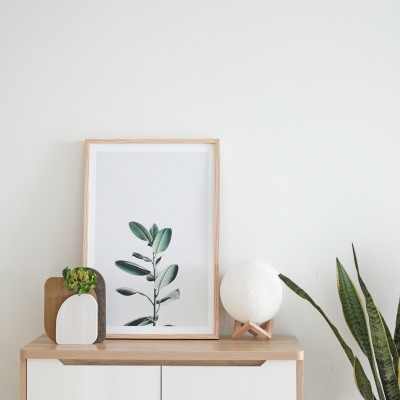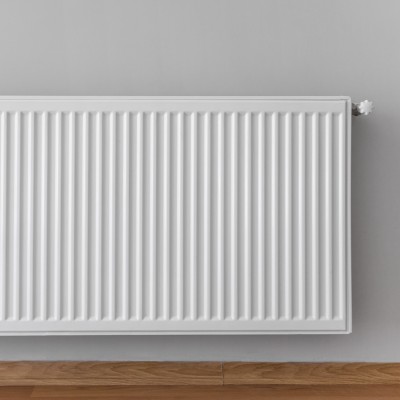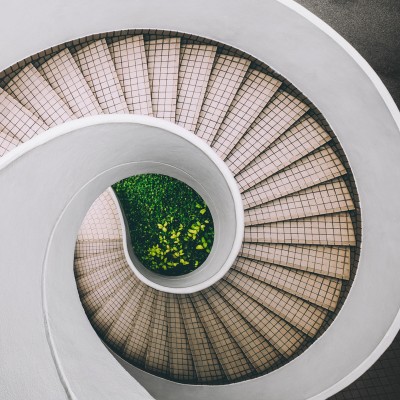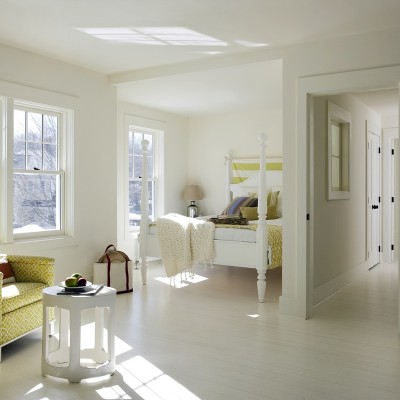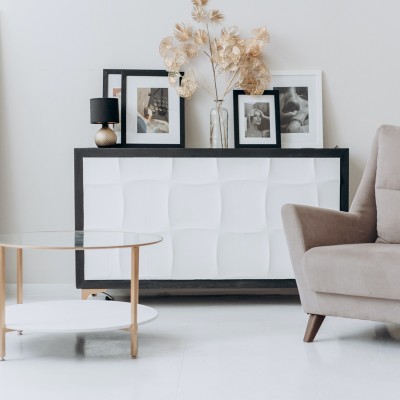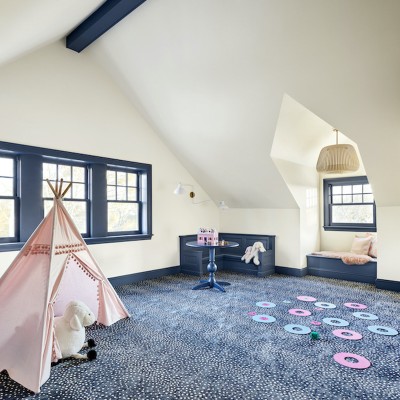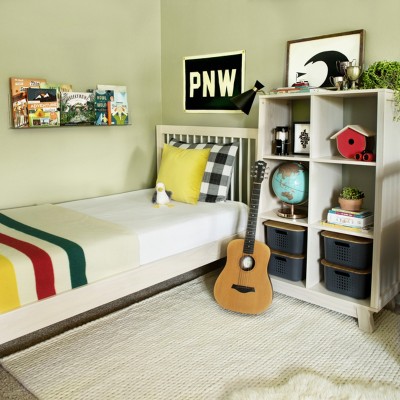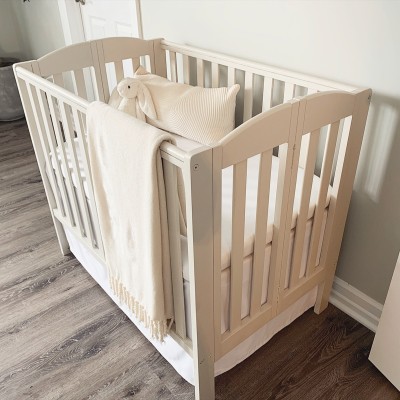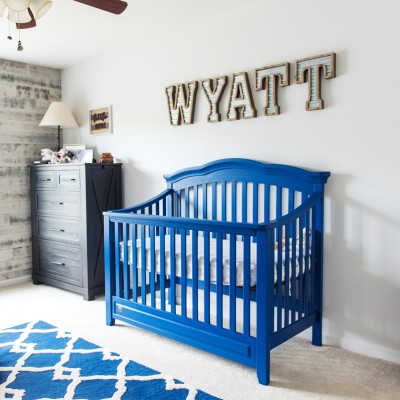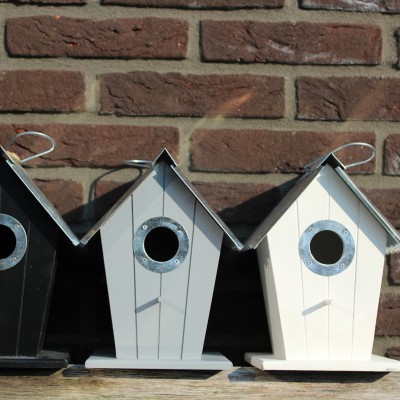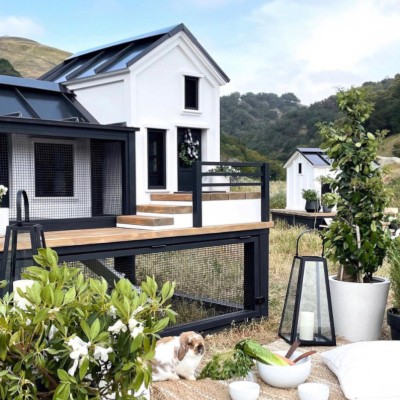Ways To Transform Your Bedroom Into a Sleep Haven
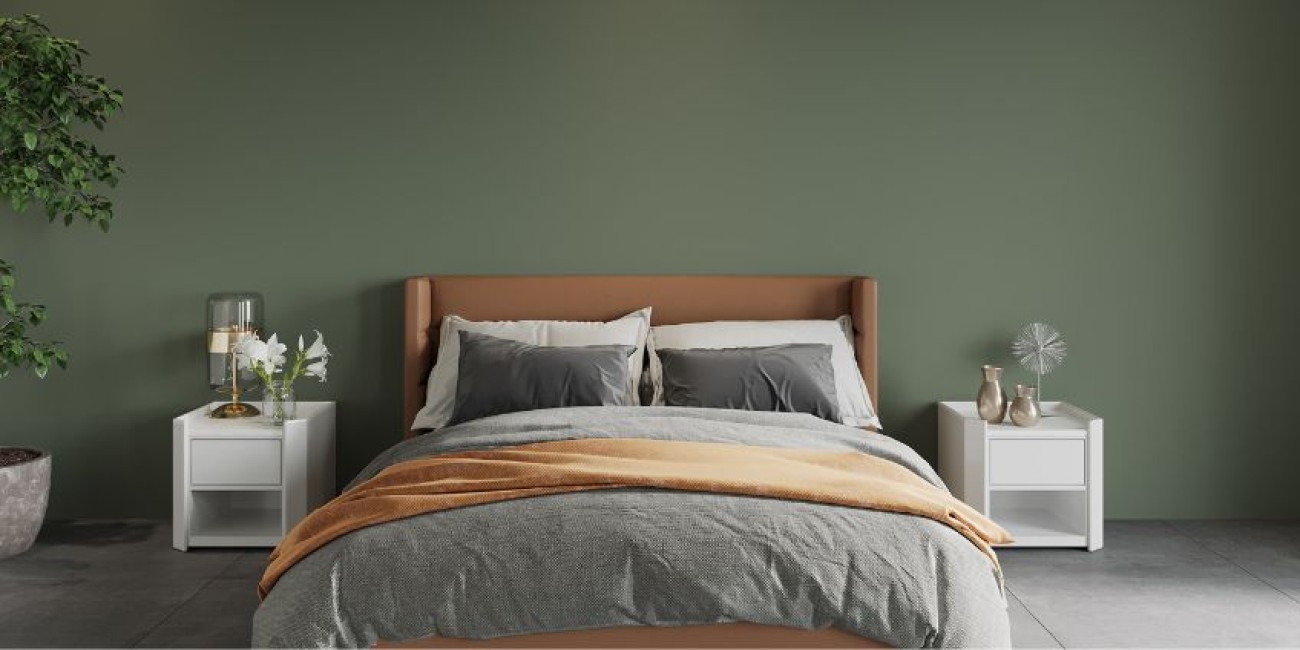
In our efforts to beautify our living spaces, it’s easy to value form over function. Take bedrooms, for instance. The purpose of a bedroom is, ultimately, to enable comfortable sleep. But in our quest to make the space elegant or refined, we can sometimes give it too busy of a look, making it a difficult place in which to relax. But with these simple ways to transform your bedroom into a sleep haven, you can marry form and function for a space you’ll love to sleep in.
Turn Down the Lights
Our modern world is much brighter than it used to be. We hardly ever find ourselves in complete darkness between streetlights, headlights, computer screens, and LED bulbs. But when it’s time to go to bed, our bodies crave that darkness, and too much light can keep us up. Fortunately, there are plenty of little design tricks for keeping your bedroom dim at night.
If you live in an urban area or your bedroom window faces a busy street, you may consider adding heavier window trimmings like blackout curtains to block outside light. Also, consider adding a dimmer switch to your room’s lighting to help gradually prepare your mind for sleep.
Pro-Tip: Take Away the Electronics
The blue light from our phone, computer, or television screens tends to inhibit melatonin production in our bodies, making it difficult to sleep. Consequently, many experts recommend not using these devices 30 minutes before bed. Storing these electronics in different rooms in the house is a good way to make your bedroom more sleep friendly.
Embrace Minimalism
The human mind is naturally more at ease in order than in chaos. That’s why we tend to have trouble focusing or feel more anxious when we’re in a cluttered or dirty space. And when our bedrooms are cluttered or simply overdesigned, it can be difficult to wind down in them. In order to create a truly soothing sleep space, you might consider employing a minimalist aesthetic.
A minimalistic style focuses on simplicity and open spaces. It’s perfect for winding down at the end of the day. Some elements of minimalist design include:
- Clean lines
- Neutral colors
- Limited or zero clutter
- Fewer furniture pieces and wall hangings
- Simple furniture pieces, such as frameless beds
Even if you don’t want to create a completely minimalist room, simply removing unnecessary items from the space and organizing what remains can help make it more soothing.
Use Sleep-Friendly Colors
Color can impact our emotions. A room painted with pale yellow may make us feel more cheerful, while a room painted in dark purples may seem mysterious and dramatic to us. We can use this same principle for making a restful bedroom space by painting the room soothing colors, such as:
- White
- Blue
- Beige
- Pink
- Green
- Pale yellow or orange
At ECOS Paints, we have low-odor paints in various colors, so you can find the perfect hue for the most relaxing bedroom with us.

